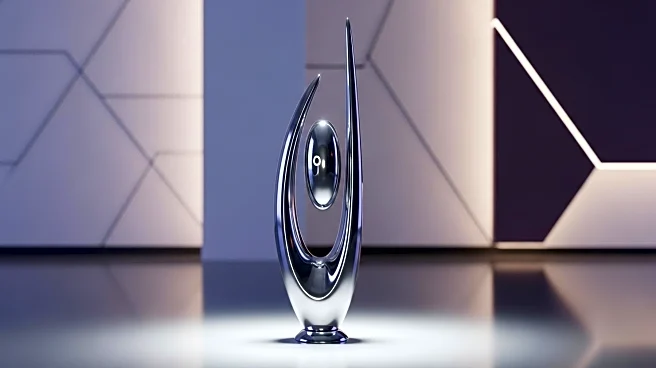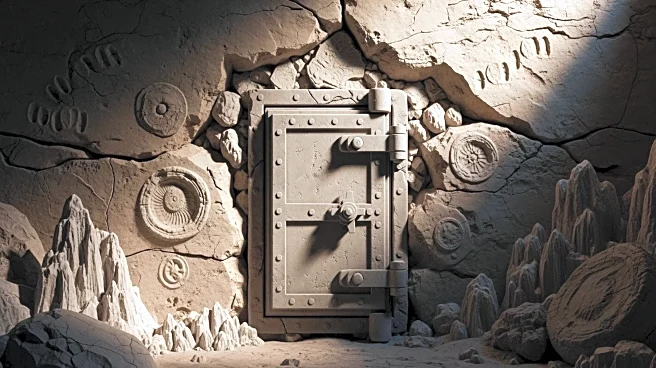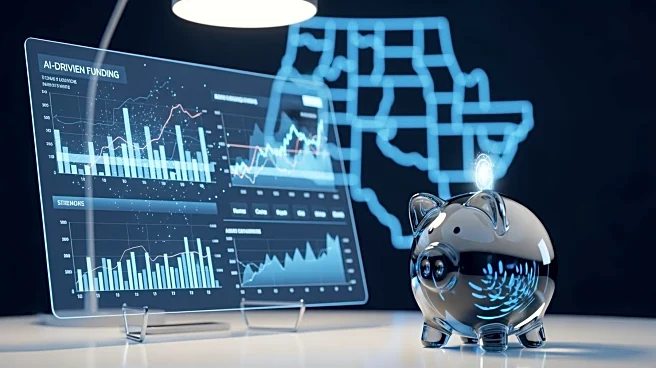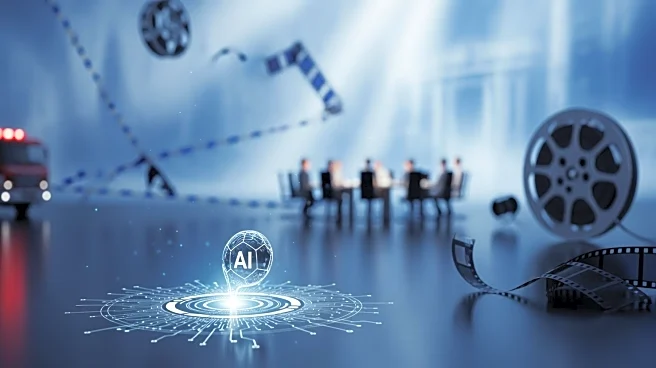What's Happening?
At The Drum Awards Festival 2025, design professionals discussed the impact of artificial intelligence (AI) on the creative process. While AI is recognized for its ability to enhance efficiency and idea generation, designers emphasize that it cannot replace human creativity, empathy, and cultural understanding. Vicky Bullen, CEO of Coley Porter Bell, and Brendán Murphy, global creative director at Lippincott, highlighted AI as a tool that complements human creativity rather than replacing it. Concerns were raised about AI's potential to encourage uniformity and diminish creative confidence, particularly among younger designers.
Why It's Important?
The integration of AI in design represents a significant shift in the creative industry, offering both opportunities and challenges. AI can streamline workflows and expand creative possibilities, but it also risks homogenizing design and undermining the unique human elements that drive innovation. As AI becomes more prevalent, designers must navigate the balance between leveraging technology and preserving the authenticity and originality that define impactful design. This discussion is crucial as it shapes the future of design education and practice, influencing how new generations of designers approach their craft.
Beyond the Headlines
The conversation around AI in design reflects broader societal concerns about technology's role in human creativity and expression. As AI tools become more sophisticated, ethical considerations regarding authorship, originality, and the value of human input in creative processes become increasingly important. The design community's emphasis on maintaining human-centric creativity could influence other industries facing similar technological disruptions, advocating for a balanced approach that values both innovation and tradition.









